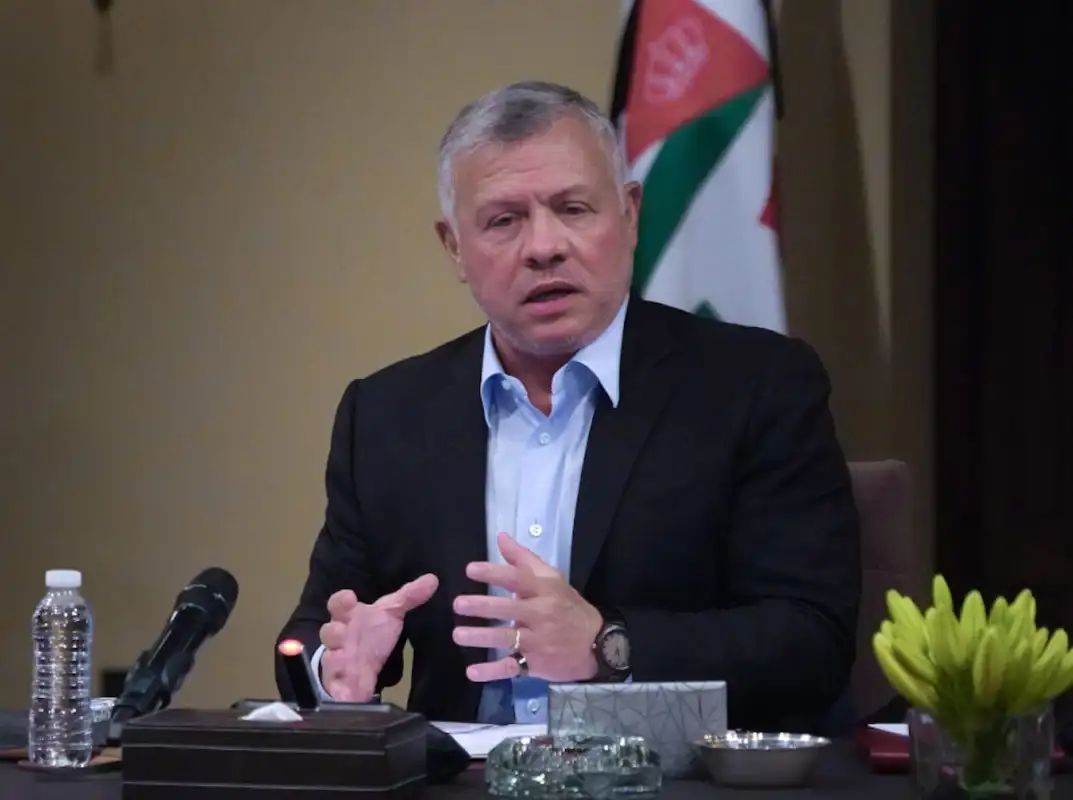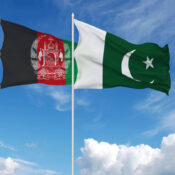
A technocrat leads Jordan’s new government, which King Abdullah swears in
The new government in Jordan, led by King Abdullah, was sworn in on Wednesday. Its job is to speed up IMF-backed changes and push through political and economic modernization, which is needed to turn around a decade of slow growth, according to officials.
The prime minister, Jafar Hassan, went to Harvard and, in his previous job, ran the monarch’s office. A lot of people in government have said that Hasan is a good manager. As a deputy premier, he handled economic reforms, and as planning minister, he was in charge of making plans for the country’s future.
In a country with high unemployment and a lot of foreign help from Western countries, politicians say one of the most important things they need to do is speed up reforms pushed by the IMF and cut down on the country’s more than $50 billion in public debt.
Liberal changes were seen as a threat to the traditional conservative establishment, so they fought against the monarch’s plans to modernize the country.
There are moderates, tribal politicians, and technocrats in the new 32-member government, but the country’s western neighbor is angry about the strong anti-Israel tone of foreign minister Ayman Safadi. He kept his job.
A strong Islamist opposition made big wins in the parliamentary elections earlier this month, and Jafar had asked them what they thought.
CHANGES TO THE FREE-MARKET
Being the biggest political group in parliament, the Islamists won 31 seats, which is the most they’ve had since parliamentary life started up again in 1989 after decades of martial law.
Foreign policy and IMF-backed free-market reforms could be threatened by the louder Islamist-led resistance, say diplomats and officials. The new 138-member parliament still has a majority in favor of the government.
As part of their campaign to strengthen democracy and expand public freedoms, the Islamists led some of the biggest protests in support of Hamas, the militant Palestinian group that they see as an ideological ally.
People who spoke out against the government during the Gaza war were jailed for criticizing it. This has made rights groups and independent politicians more worried about the tightening of authoritarian control.
Abdul Hakim al-Shibli, a seasoned economist, is the new finance minister. He takes over for Mohammad al-Ississ, who was in charge for a long time and was praised by the IMF for stepping up reforms, keeping the budget in check, and avoiding cuts that caused social trouble in the past.
After ten years of slow growth (around 2%), which was made worse by the COVID-19 pandemic and wars in nearby Iraq and Syria, the previous government tried to push King Abdullah’s changes in order to help kickstart growth again.
Since Jordan is one of the United States’ closest Middle Eastern allies, officials say the country wants to get more aid from other countries to help its economy recover from the effects of the war in Gaza and the instability in the area.
All Categories
Tags
+13162306000
zoneyetu@yahoo.com


